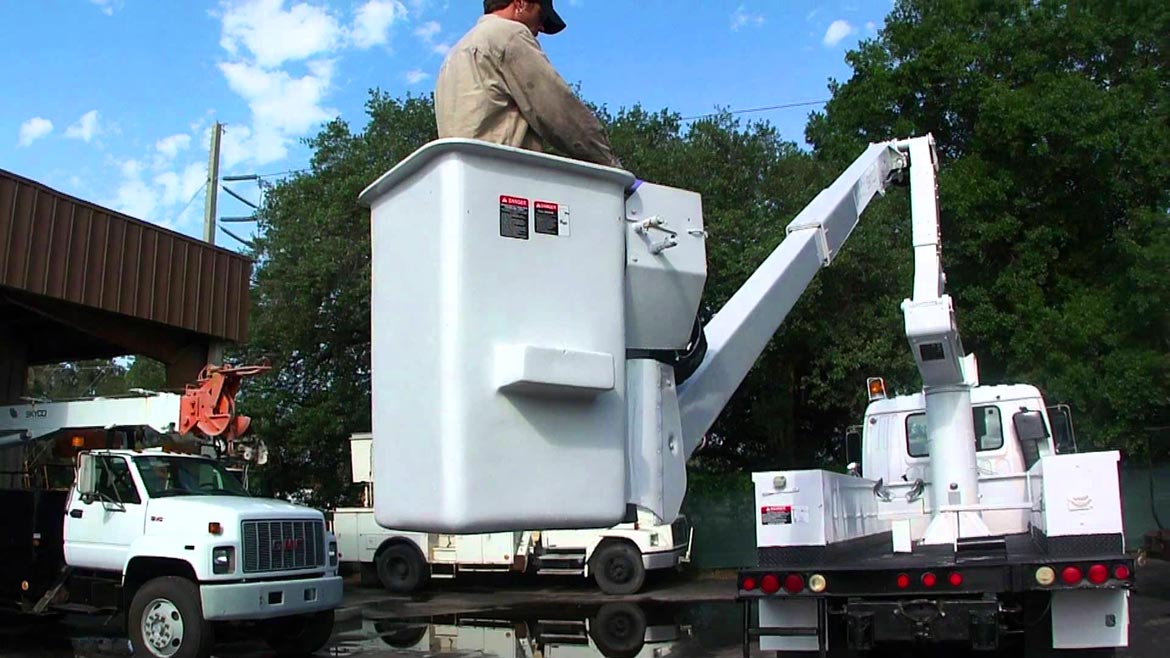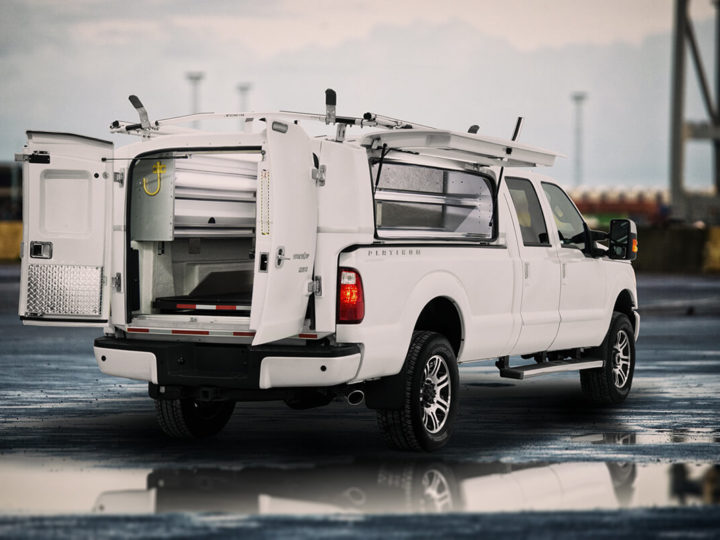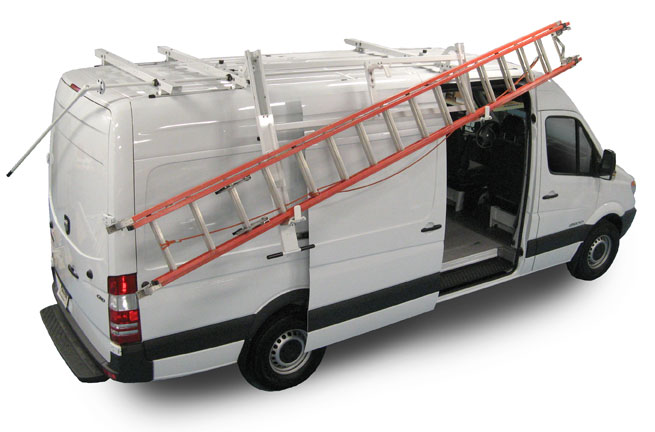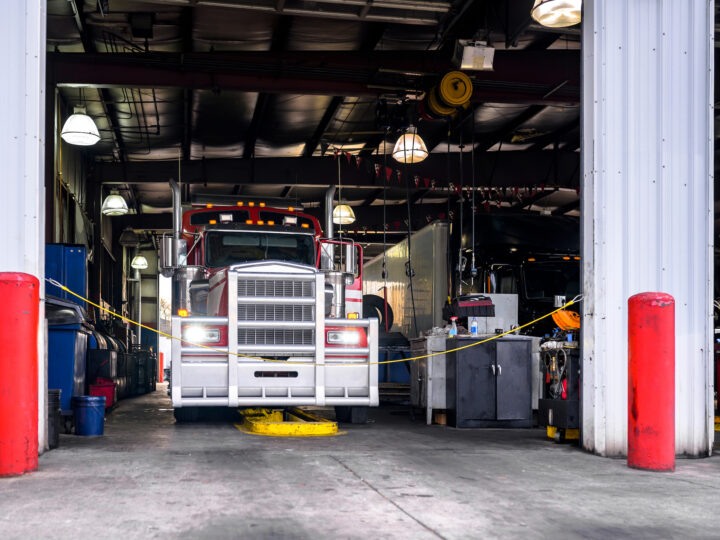

Truck Equipment Inspections
Often, when delivering aerial lift training programs, we get out to the equipment and find that its required inspections are not up to date. This is bad news. We can’t proceed with any aerial equipment without verification of current inspections. Does your company use boom or scissor lifts? Do you know when they were last inspected and how often they need to be inspected? Keep reading, we’ve got the answers…
Under the ANSI/SIA Standards A92.5 and A92.6 section 6.6(2) and the manufacturer’s requirements, equipment owners/users need to make sure that aerial lifts have had a frequent inspection at “3 months or 150 hours” (whichever comes first). This inspection must be performed by a person qualified as a mechanic on the specific type of aerial equipment or one having similar design characteristics, per ANSI/SIA A92.6 and A92.5 section 6.6.
Also, annual inspections need to be performed per ANSI/SIA A92.6 & A92.5 section 6.7; “The owner of an aerial platform shall ensure that an annual inspection is performed on the aerial platform no later than thirteen (13) months from the date of the prior annual inspection. The inspection shall be made by a person(s) qualified as a mechanic on the specific type of aerial platform or one having similar design characteristics. The inspection shall be in accordance with items specified by the manufacturer for an annual inspection. The owner shall not place the aerial platform into service until all malfunctions and problems have been corrected.”
ANSI Inspections
Fleets with certain types of specialty equipment will need both frequent and periodic inspections. Many of these types of equipment include vehicle mounted aerial lifts (bucket trucks, cherry pickers, etc), cranes, bridge inspection equipment, digger derricks, pressure diggers and other similar units.
Most inspection standards for the equipment listed above are established by ANSI (American National Standards Institute). ANSI standards for this type of equipment are defined as ‘voluntary recommended practices’. However, OSHA (Occupational Safety and Health Administration) requirements for most industries (telecommunications, electric, utility, etc.) often reference ANSI standards and state that compliance is mandatory. Therefore, at least within the United States, voluntary ANSI standards may become mandatory for the types of equipment referenced by OSHA. Contact us if you are unsure of what inspections are required.
Need to have your annual ANSI inspection performed on your unit? Has your unit had a Preventative Maintenance Inspection this year? We can perform your inspection and make any required repairs. Contact our service department to schedule an appointment. If you have questions about our inspection services, please do not hesitate to call!
Dielectric Testing
Ensure that you are in accordance with OSHA and ANSI Standards:
OSHA 1910.67 (c) (3) Standard:
“Electrical tests.” Electrical tests shall be made in conformance with the requirements of ANSI A92.2 – 2001, Section 5. However, equivalent DC voltage tests may be used in lieu of the AC voltage test specified in A92.2 – 2001. DC voltage tests which are approved by the equipment manufacturer or equivalent entity shall be considered an equivalent test for the purpose of this paragraph (c) (3)
ANSI A9.2-2001 Standard:
5.3 Electrical Tests For Insulating Aerial Devices
…5.3.2 Qualification Test
Each insulating aerial device shall be tested in accordance with Section 5.4.2 to insure compliance with the Electrical Qualification requirements as appropriate. If the aerial device is altered or modified by the installer after the Qualification Test is performed, the original Qualification Test is not valid.
To satisfy OSHA requirements, single and double buckets units are to be dielectrically tested annually. Our Service Department will professionally inspect your fleet and notify you when your annual inspections are due. We realize that safety and compliance are top priorities for our customers, and our dielectric testing procedures and notifications help meet these very important responsibilities.




